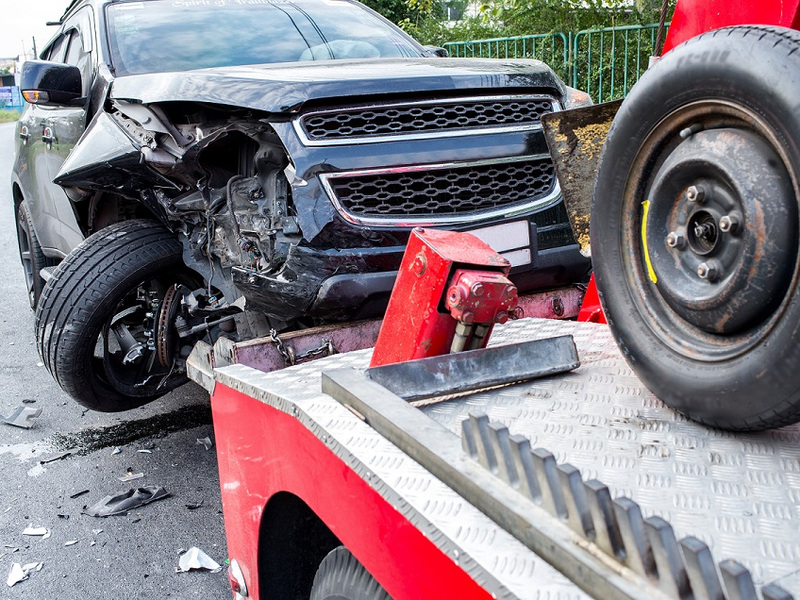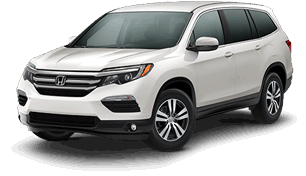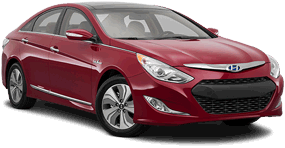At first glance, a long-term car loan may appear relatively harmless or even advantageous. If you choose to spread the cost of your new vehicle over 6 or even 7 years, you can get a lower monthly payment that fits comfortably into your budget. You figure you'll keep the car long enough where negative equity won't be a concern by the time it's time to trade-in or sell. While this plan sounds appealing in theory, it's likely you haven't considered the worst-case scenario - what happens if the car is totaled before it's paid off?
When is a Vehicle Considered Totaled?

A vehicle is labeled 'totaled' when its current value is determined to be less than the cost of repairs after an accident or other serious damage. If you have car insurance (which every vehicle owner should), your insurance company will pay the cost of the vehicle's current value after taking out the deductible. The same scenario applies if your vehicle is stolen.
In an ideal world, you'll avoid serious car accidents and theft entirely, but the real world can have a different plan. If your totaled vehicle is paid off, the mitigation process is more straightforward than if you're still paying a lender. You'll receive the payout from your insurance company and you'll be able to immediately put it towards a new vehicle.
If you're still paying off the loan, you'll find one of two scenarios: either you have equity in the car and you'll pay off the loan and have some residual funds for a new car, or you're underwater on the loan and you'll have to pay the lender out of pocket.
What if the Vehicle isn't Paid Off?
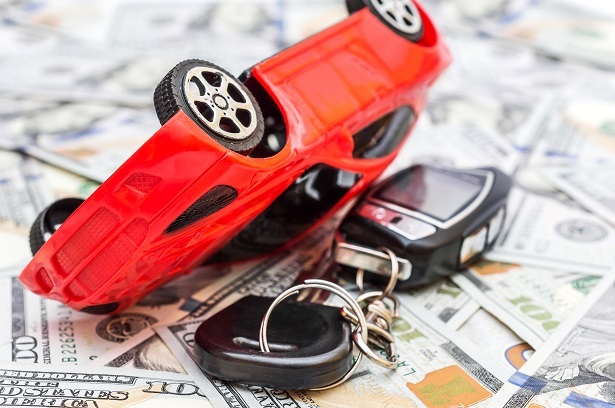
In the event that your auto loan is still being paid off when your vehicle is totaled, the insurance payout usually goes to the lender first. If you have equity in your vehicle (it's worth more than the amount you still owe on it) the remainder goes directly to you. In most cases, your insurance company asks for your lender's contact information and sends payment directly to your lender with the cash value of the vehicle minus the deductible.
Sometimes, the claim check will be made payable to you as well as your lender and you'll have to agree on how to release the funds. If you're not the at-fault party in the accident, the other driver's insurance company will require your lender's information to issue the payment. Until the lender receives the payment from insurance, you'll need to continue paying off your loan.
Upside Down Car Loans
The second scenario is one that you want to avoid. This is finding yourself with a totaled vehicle while you're upside down on your auto loan. Because new vehicles depreciate quickly and auto loans are being spread out over increasingly longer time spans, upside-down car loans are becoming more common. Unfortunately, this growing trend puts car owners at risk. If a car is totaled with an upside-down car loan, the insurance company will pay your lender the value of the car and you'll have to make up the difference out of pocket. On top of the stress of the accident and losing your source of transportation, you'll have to address the financial obligation to your lender.
How to Protect Yourself
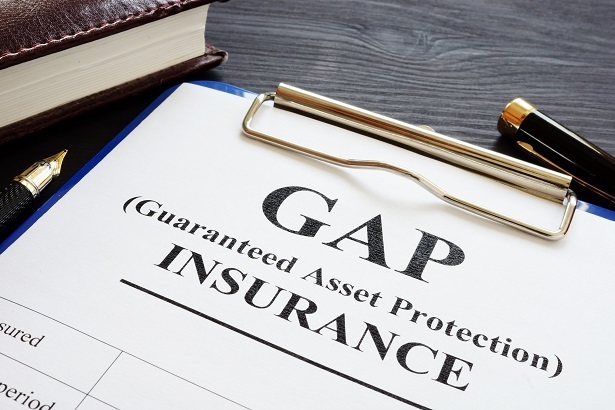
If you're in the market for a new vehicle, you can protect yourself from the burden of having to pay the lender out of pocket for a totaled car. Before going through with the purchase, make sure to have a substantial down payment saved up and try to keep your auto loan terms as short as possible. This will minimize the total amount of the loan, help you pay it off faster, and reduce your chances of going upside down.
Gap Insurance
If you'd like extra protection for the vehicle you're about to buy, Gap insurance is a way to further reduce your risk. While standard collision and comprehensive insurance only cover a vehicle's current value, Gap insurance covers some or all of the difference between your loan balance and the actual cash value of the vehicle. Say you purchased a vehicle for $25,000 and you still owe $20,000 on it when it's totaled. You then find out your vehicle is only worth $15,000 due to depreciation. Without Gap insurance, you'd need to pay your lender $5,000 out of pocket.
Gap insurance can be a smart choice for car buyers who can't make a large down payment or who take out a loan over 60 months. These factors increase the chance of going upside down on the car loan. Another reason to consider gap insurance is if negative equity is rolled over from a previous vehicle into a new car loan. Taking the right steps in the form of a down payment, short loan terms, and Gap insurance helps you to be prepared for the worst-case scenario and saves you from serious financial strains in the future.
